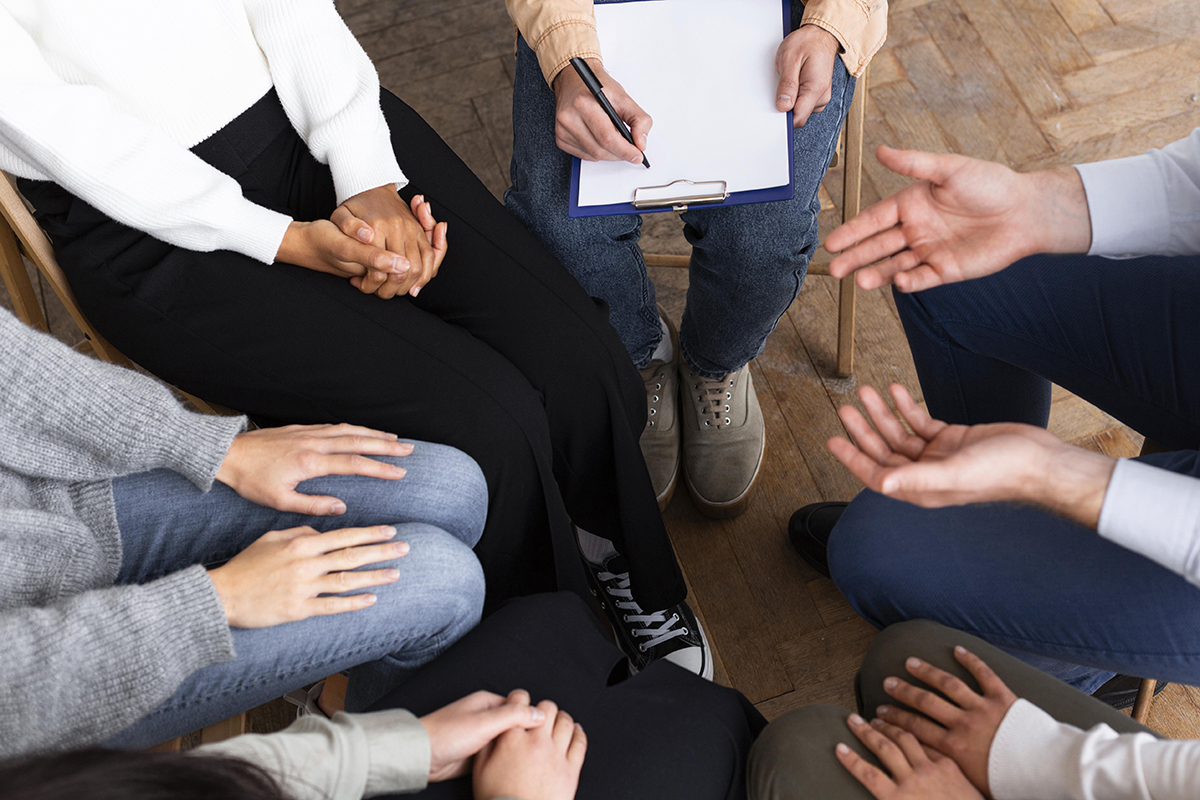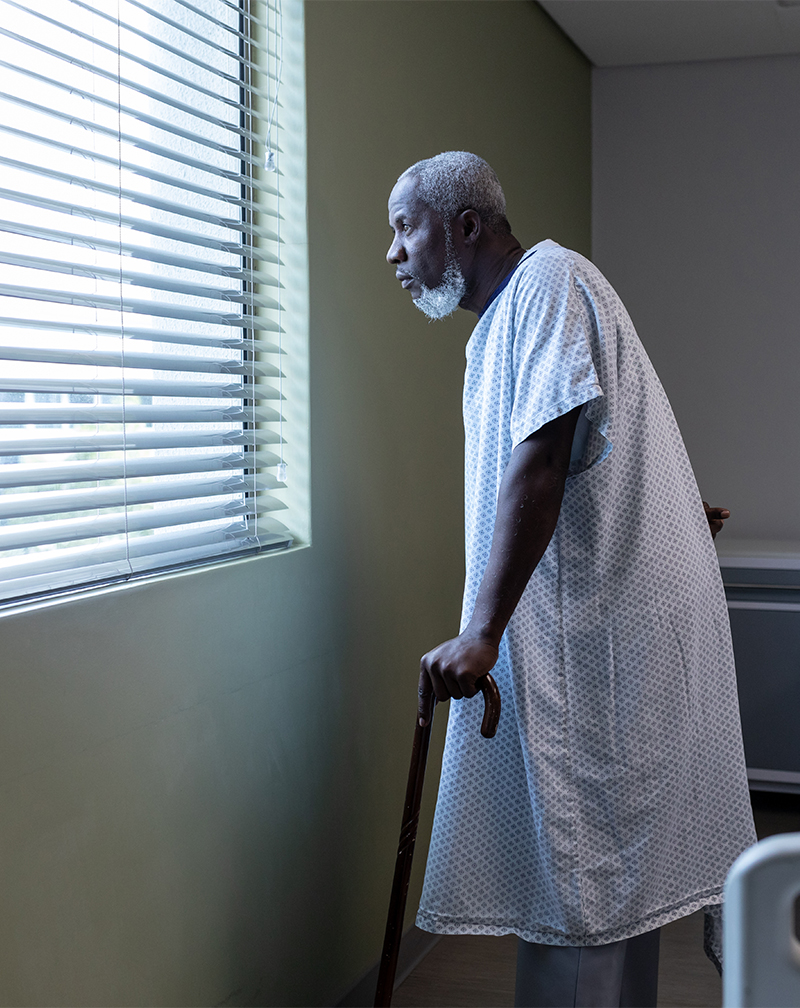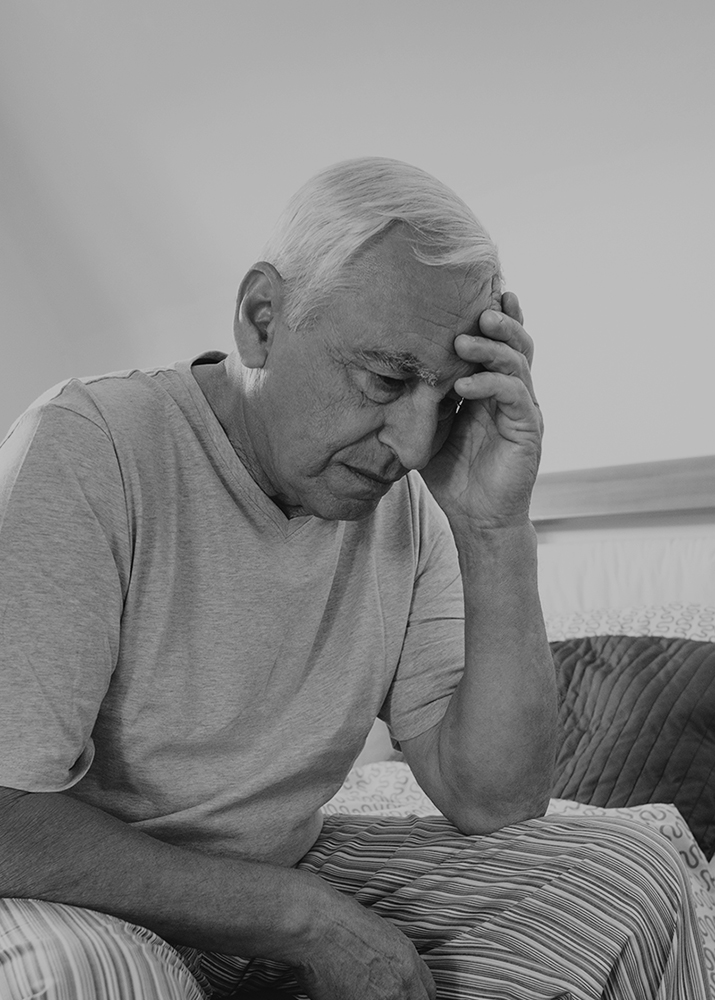Start your search by considering these five things, and you’ll be on your way to finding the treatment program that works best for you

Rehabilitation (rehab) centers offer a level of treatment for substance use that falls between the intense medical care of inpatient hospitalization and the independence of outpatient treatment.
Participation in a structured drug rehab program is a necessary first step for many people seeking to find recovery from substance abuse. However, many addicted individuals avoid the formal care that rehab provides, preferring to try to go it alone. In reality, it is extremely difficult for many people to break free from addiction without help, especially once substance use has progressed to a certain level.
There are some telltale signs that drug use has gotten out of your control and you need help. You may want to begin looking for a drug treatment program if you recognize the following signs in yourself.
1. Drug Use Has Become Your Main Priority
A telltale sign of addiction is when your substance of choice becomes your main focus. If the substance consumes your thoughts throughout the day and you spend increasing amounts of time, effort, and resources to acquire and use the drug, you may be addicted.
As addiction progresses, your former interests, activities, and involvements eventually begin taking a backseat to drug use. If you have noticed that you no longer spend time with the people you love or choose to participate in the activities you previously enjoyed, you may have a problem and can likely benefit from entering an addiction treatment program.
2. Your Health is Suffering
Substance abuse is associated with a myriad of ill health effects. The actual drug of abuse will dictate the specific effects. For example, alcohol addiction, in particular, is linked to long-term liver problems and various types of cancer.
Substance abuse takes a toll on the body and the mind, causing a range of physical and mental health symptoms:
- Physical health. The physical health consequences of drug abuse can range from mild to fatal, depending on a number of factors such as how long the user has taken the drug, the amount taken, and the type of drug.
- Mental health. Most drugs cause changes in a user’s mental state in some way. This could manifest as increased anxiety and agitation, depression, and even symptoms of psychosis.
If you or others in your life begin to notice unwanted changes in the way you think, feel, or behave, you might need rehab. If your physical or mental symptoms are severe, you may want to consider seeking professional medical or psychological help.
NOTE: One major benefit of going into a structured rehab program is that you will receive physical and mental health monitoring and care as you move through the process of your recovery. In this way, you can focus on getting and staying clean knowing you will be safe in the hands of qualified professionals.
3. You Take Excessive Amounts to Get High
When you first take a drug, you are not accustomed to the effects, so you feel them intensely. This is why the first high is often described as the “best”. Over time, though, the body begins to adapt in a process called tolerance. As tolerance grows, the body needs the drug more frequently or in higher amounts to produce the same outcomes.
As you take more of a substance to increase the desired effects or the “high,” you put yourself at an increased risk of overdose. For example, heroin is a depressant so taking large amounts can dangerously slow your breathing and pulse rate. When this happens, coma and death can easily result.
No drug is worth losing your life over. If you are using substances in high quantities or with increased frequency, you are in danger of overdose and need to find an addiction treatment program.
4. You Have a Mental Illness
According to SAMHSA, in 2014:
- Nearly 44 million people in the US had a mental illness.
- More than 20 million people had a substance use disorder.
- Almost 8 million people had both a mental illness and a substance use disorder.
This means that there is a 40% chance that you have a mental illness if you have a substance use disorder.
People abuse substances for a number of reasons. The National Institute on Drug Abuse reports that self-medication of a mental illness is a primary contributor to the initiation and continuation of substance abuse. Most drugs alter the mind and are commonly used as a coping mechanism to many to modify the way they think, behave, or feel. Further, use of substances can trigger or worsen mental health symptoms,encouraging continued use to depress symptoms that arise.
Treating a co-occurring condition is more complex than treating substance use alone because the underlying mental health condition will need to be addressed along with the substance use disorder.
The chances of relapse are increased significantly when treatment doesn’t address underlying mental health issues. Dual diagnosis treatment centers provide specialized care that can make sure you get the help you need so you can maintain sobriety over the long term.
5. You Have Tried (Unsuccessfully) to Quit on Your Own
Addiction is a chronic condition that is marked by periods of relapse and recovery. Whenever use is restarted or ongoing, a recommitment to abstinence in new ways will be needed to return to recovery.
Each day, people try different methods to end their use, with self-help groups and outpatient treatment being the most heavily utilized, according to SAMSHA. These might lack the intensity required based on your individual needs and history with addiction and recovery.
You might need rehab now if your past points to poor outcomes of quitting either on your own or with lower levels of care. Rehab can provide the safety, structure, medical attention, therapy, and stability needed to end addiction.
FIND HELP FOR ADDICTION
There are numerous benefits to seeking help for drug addiction in an inpatient drug rehab program. According to the Substance Abuse and Mental Health Services Administration (SAMHSA), drug abuse rehab programs can provide various services that include:
- Screening and diagnosis of substance use disorders.
- Screening and diagnosis of co-occurring mental health disorders (dual diagnosis).
- Drug and alcohol testing.
- Medication management.
- Substance use and mental health education.
- Substance use and mental health treatment.
- Transitional services that include discharge planning and aftercare services.
- Case management to provide connection to available resources.
Different rehab centers will provide differing levels and types of care. For example, some addiction treatment centers will specifically focus on those with dual diagnosis conditions; so if you have a mental health condition, consider picking one of these programs. Different programs will also have different costs associated. Outpatient treatment tends to cost less than inpatient treatment, though this can vary by program specifics like duration, location, and luxuries offered. Outpatient programs generally cost anywhere between $100 and $500 per session, whereas inpatient tends to cost $200 to $900 per day. While this may seem like a huge difference, bear in mind that inpatient treatment tends to provide a higher level of medical and psychological care, including around-the-clock support, sober housing for the duration of treatment, and all your meals throughout the program.





No responses yet